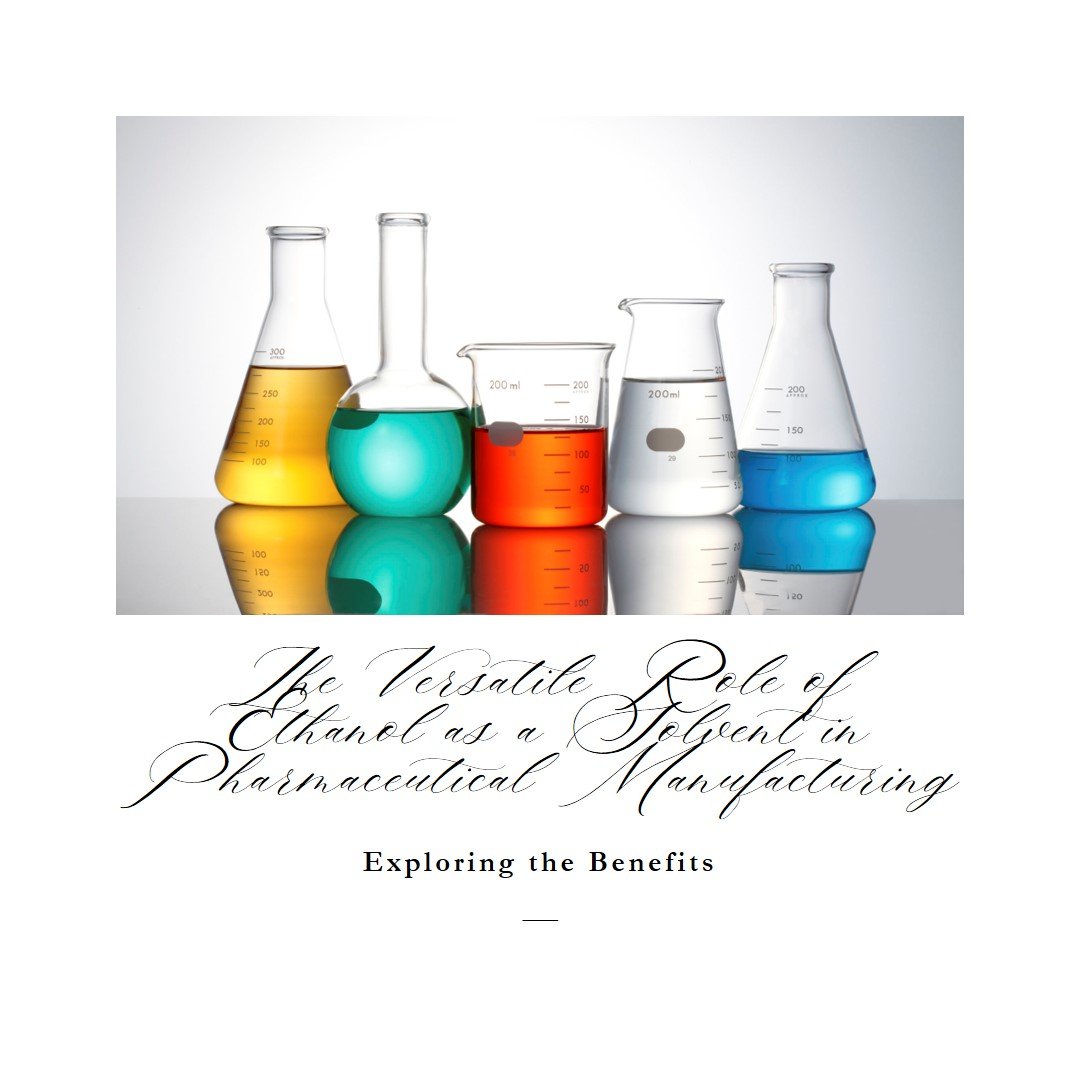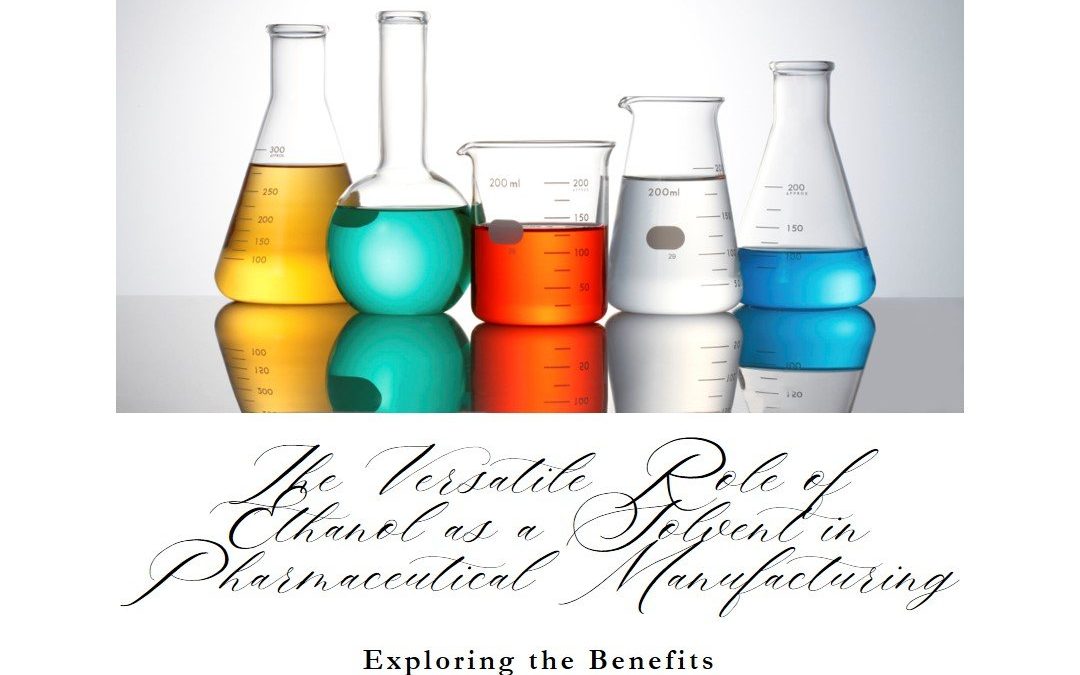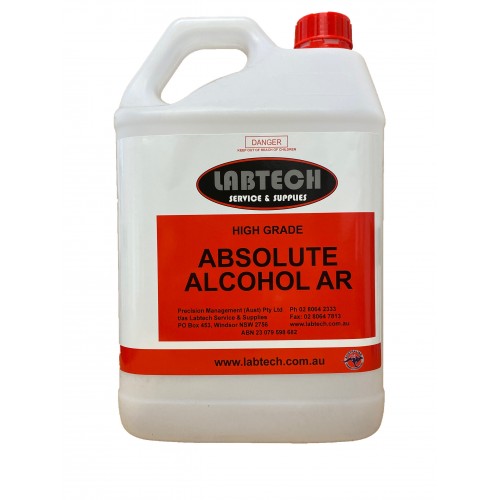In the world of pharmaceutical manufacturing, the selection of suitable solvents is crucial for formulating safe, effective, and stable medications. Among the various options available, ethanol, or ethyl alcohol, stands out as a versatile solvent with a wide range of applications. Its exceptional solubility, compatibility with pharmaceutical ingredients, and various other properties make it an indispensable component in the pharmaceutical industry.
Solubility and Compatibility:
Ethanol boasts excellent solubility properties, enabling it to dissolve both polar and nonpolar substances. This characteristic allows pharmaceutical manufacturers to incorporate a diverse range of active pharmaceutical ingredients (APIs) and excipients into their formulations. Ethanol can dissolve hydrophilic and lipophilic substances, thus accommodating a broad spectrum of drugs. Whether it is water-soluble or fat-soluble, ethanol serves as a reliable medium to ensure proper dispersion and dissolution of the key components.
Extraction of Active Compounds:
One notable application of ethanol in pharmaceutical manufacturing lies in its role as a solvent for extracting active compounds from natural sources. Plants and herbs often contain valuable bioactive constituents such as alkaloids, flavonoids, and essential oils. Ethanol extraction is a widely used technique to harness these compounds for the production of herbal medicines and supplements. The solvent’s ability to selectively dissolve these active components makes it a preferred choice in the extraction process.
Preservation and Stability:
The antimicrobial properties of ethanol make it an ideal preservative in pharmaceutical formulations. By inhibiting the growth of bacteria, fungi, and other microorganisms, ethanol helps maintain the stability and extend the shelf-life of various products. It is commonly used in topical solutions, oral suspensions, and other liquid formulations where microbial contamination poses a risk. Ethanol’s preservation capabilities ensure the safety and efficacy of pharmaceutical products, providing peace of mind for both manufacturers and consumers.
Reaction Medium:
Ethanol’s role as a reaction medium in pharmaceutical synthesis cannot be overlooked. Its ability to facilitate chemical reactions is valuable in converting raw materials into intermediates or final products. When used as a reaction solvent, ethanol can enhance reaction rates, improve yields, and increase product purity. Its wide availability and relatively low cost further contribute to its popularity as a reaction medium in pharmaceutical manufacturing.
Volatility and Ease of Removal:
Another advantageous property of ethanol is its relatively low boiling point, making it easily removable from formulations. This characteristic is essential for processes such as drying, purification, and concentration of pharmaceutical products. The ability to remove ethanol efficiently enables the production of concentrated and purified medications with desirable characteristics and reduced impurities.
Safety and Regulatory Considerations:
Ethanol has a long history of safe use in pharmaceutical applications. It is generally regarded as safe (GRAS) by regulatory authorities when used appropriately. The human body can tolerate ethanol when consumed or applied topically in appropriate amounts. However, it is crucial to consider potential interactions between ethanol and specific packaging materials, as well as sensitivity to moisture, when formulating pharmaceutical products.

Absolute Alcohol is also known as pure ethanol or undenatured alcohol, it is 100% pure ethanol or ethyl alcohol with less than 0.5% water. There are no denaturants or other additived in this product. Mostly used is the scientific, laboratory, university, pathology and research areas, Absolute Alcohol AR is the purest form of ethanol available.

